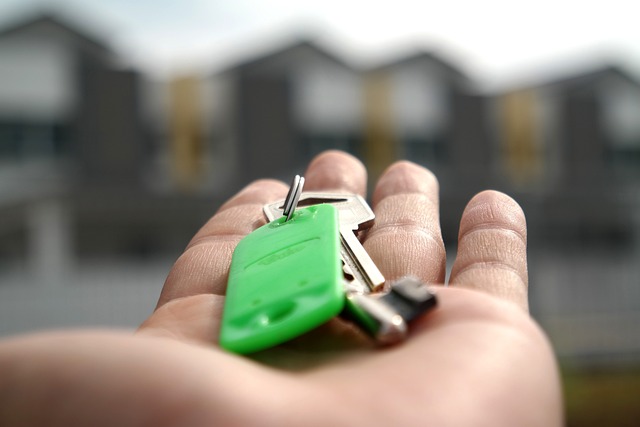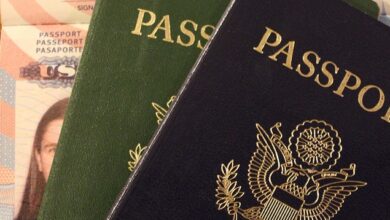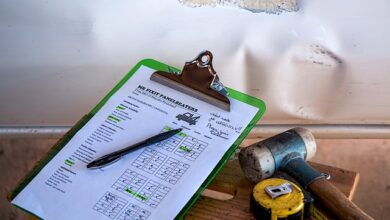How to Get Permanent Residency in the Netherlands

Obtaining permanent residency in the Netherlands is a significant step for those who wish to live, work, and integrate into Dutch society long-term. The process involves meeting specific requirements set by the Dutch government, demonstrating your commitment to contributing positively to the country. Below is a comprehensive guide on how to achieve permanent residency (also known as “Indefinite Stay” or “Onbepaalde Tijd” in Dutch).
1. Understand What Permanent Residency Means
Permanent residency in the Netherlands allows you to live and work in the country indefinitely without needing to renew your visa regularly. However, it does not grant you Dutch citizenship unless you apply for naturalization separately. With permanent residency, you enjoy many of the same rights as Dutch citizens, except for voting in national elections.
2. Meet the Eligibility Criteria
To qualify for permanent residency, you must meet certain conditions:
a) Hold a Valid Residence Permit
You must have held a valid residence permit in the Netherlands for at least five consecutive years . This period can vary depending on your initial reason for moving to the Netherlands (e.g., work, study, family reunion). Some categories, such as highly skilled migrants, may be eligible after three years.
b) Have a Legal Source of Income
You must demonstrate that you are financially stable and capable of supporting yourself without relying on social benefits. This typically means having a job, being self-employed, or receiving sufficient financial support from another source.
c) Be Employed or Actively Seeking Employment
If your initial residence permit was based on employment, you should either continue working or actively seek new employment during the application process.
d) Pass the Integration Exam (if applicable)
Depending on your nationality and circumstances, you may need to pass the Inburgeringsexamen (integration exam), which tests your knowledge of Dutch language and culture. If you completed this exam when applying for your first residence permit, you won’t need to retake it.
e) Maintain Good Conduct
You must not have any criminal records or pose a threat to public safety or order. A clean record is essential for approval.
3. Apply for Permanent Residency
Once you meet the eligibility criteria, follow these steps to apply:
a) Gather Required Documents
Prepare the following documents:
- Your current residence permit
- Proof of continuous residence in the Netherlands for five years (e.g., tax returns, rental agreements, utility bills)
- Proof of income or employment
- Passport-sized photos
- Completed application form for permanent residency
- Payment for the application fee (amount varies but is generally around €200–€300)
b) Submit Your Application
Submit your application through the Immigration and Naturalisation Service (IND). You can do this online via their official website or by visiting an IND office in person.
c) Attend an Interview (if required)
In some cases, the IND may request an interview to verify your information. Be prepared to answer questions about your time in the Netherlands and your plans for the future.
d) Wait for Approval
Processing times can vary, but it usually takes several months for the IND to review your application. During this period, you are allowed to remain in the Netherlands legally.
4. Benefits of Permanent Residency
Once approved, permanent residency offers several advantages:
- No need to renew your residence permit every few years.
- Greater flexibility in changing jobs or starting a business.
- Ability to leave the Netherlands for extended periods without losing your residency status (though absence beyond five years may affect your status).
- Improved chances of applying for Dutch citizenship if you decide to pursue naturalization.
5. Transitioning to Dutch Citizenship
If you wish to become a Dutch citizen, you can apply for naturalization after holding permanent residency for at least three additional years . To qualify, you must:
- Have lived in the Netherlands for at least eight years total.
- Pass the Dutch citizenship test (Burgerlijk Examen ).
- Demonstrate strong ties to the Netherlands and renounce any other citizenships (in most cases).
6. Tips for Success
- Stay Organized: Keep detailed records of your residence history, employment, and finances.
- Learn Dutch: Proficiency in the Dutch language will significantly improve your integration prospects.
- Engage with the Community: Participate in local events, join clubs, or volunteer to show your commitment to Dutch society.
- Consult Professionals: If you’re unsure about the process, consider consulting an immigration lawyer or advisor specializing in Dutch law.



